Breadcrumb
Prime Minister's Literary Awards
When
Monday 29 September 2025Where: National Library of Australia in Canberra
Event date: Monday 29 September 2025
Watch the livestream from 7pm, Monday 29 September
Prime Minister's Literary Awards 2025
Judges comments, author photographs, biographies and book jacket imagery for all winners and shortlisted authors can be downloaded here.
Writing Australia has revealed the winners of the 2025 Prime Minister’s Literary Awards, the richest literary prize in the nation. The awards celebrate the exceptional talents of emerging and established Australian writers, illustrators, poets, and historians.
The winners were celebrated at a ceremony at the National Library of Australia, Canberra hosted by Australian comedian, writer, actor, and television presenter, Alex Lee.
2025 Prime Minister’s Literary Awards – Winners
Australian History
Critical Care: Nurses on the frontline of Australia's AIDS crisis by Geraldine Fela (Published by New South Publishing)
Children's Literature
Leo and Ralph by Peter Carnavas (University of Queensland Press)
Fiction
Theory & Practice by Michelle de Kretser (Text Publishing)
Non-fiction
Mean Streak by Rick Morton (HarperCollins Publishing)
Young adult literature
The Invocations by Krystal Sutherland (Penguin Random House Australia)
Poetry
The Other Side of Daylight: New and Selected Poems by David Brooks (University of Queensland Press)
Minister for the Arts, The Hon Tony Burke MP, said:
“This year’s Prime Minister’s Literary Awards highlight the remarkable breadth of talent in Australian writing. From deeply researched histories to works of poetry and fiction that challenge and inspire.
Director, Writing Australia Wenona Byrne, said:
“The 2025 winners reflect the richness and diversity of Australian storytelling. Each of these works brings a unique perspective, whether it is giving voice to critical moments in our history, sparking imagination in young readers, or offering new ways to think about the world around us. Writing Australia is proud to support these writers and to celebrate their outstanding achievements.”
Both the winners and the shortlisted authors will share in a tax-free prize pool of $600,000, the making it the richest literary prize in Australia. Each shortlisted entry will receive $5,000 with the winner of each category receiving $80,000.
Join the conversation by using the hashtag #PMLitAwards.
History of the awards
The Prime Minister’s Literary Awards began in 2008. The Awards recognise individual excellence and the contribution Australian authors make to the nation’s cultural and intellectual life.
In 2008 and 2009, awards were given in fiction and non-fiction categories. In 2010, categories were introduced for young adult and children’s fiction. In 2012 the poetry category was added and the Prime Minister’s Prize for Australian History was incorporated into the Awards. Previous winners of the award include Michelle de Kretser, Tara June Winch, Omar Sakr, Gerald Murnane, Nam Le, and Judith Brett.
On 30 January 2023 the Australian Government released its landmark National Cultural Policy—Revive: a place for every story, a story for every place. ‘Revive’ is a five-year plan to renew and revive Australia’s arts, entertainment and cultural sector, following the most difficult period for the sector in generations. ‘Revive’ is available at www.arts.gov.au/culturalpolicy.
One of the announcements in ‘Revive’ was the transfer of the Prime Minister’s Literary Awards (the Awards) to Creative Australia from July 2023, with Writing Australia to manage the Awards from July 2025. This move will ensure that the future delivery of the Awards aligns with the principles established under ‘Revive’ including that funding for the artists should be at arm’s length from the Government of the day.
Previous shortlist & recipients: 2008 to 2024
2024
Find the 2024 winners, shortlistees and judges here.
2023
Find the 2023 winners, shortlistees and judges here.
2022
Find the 2022 winners, shortlist and judges here.
2021
Find the 2021 winners, shortlist and judges here.
2020
Find the 2020 winners, shortlist and judges here.
2019
Find the 2019 winners, shortlist and judges here.
2018
Find the 2018 winners, shortlist and judges here.
2017
Find the 2017 winners, shortlist and judges here.
2016
Find the 2016 winners, shortlist and judges here.
2015
Find the 2015 winners, shortlist and judges here.
2014
Find the 2014 winners, shortlist and judges here.
2013
Find the 2013 winners, shortlist and judges here.
2012
Find the 2012 winners, shortlist and judges here.
2011
Find the 2011 winners, shortlist and judges here.
2010
Find the 2010 winners, shortlist and judges here.
2009
Find the 2009 winners, shortlist and judges here.
2008
Judging panels 2008-2025
2025
Fiction
George Haddad (NSW)
Dr George Haddad is an award-winning writer, artist and academic. His novella, Populate and Perish, was the winner of the 2016 Viva La Novella competition and his short story Kátharsis was awarded the 2018 Neilma Sidney Prize. George’s novel, Losing Face, was longlisted for the Miles Franklin Award and shortlisted for the Prime Minister’s Literary Award, the Small Press Network’s Book of the Year, and The Readings Prize. In 2023 he was named a Sydney Morning Herald Best Young Novelist. He is a lecturer at the Writing and Society Research Centre, Western Sydney University.
Chloe Hooper (VIC)
Chloe Hooper is the award-winning author of fiction and non-fiction, including The Tall Man and The Arsonist. Lauded for her “prodigious talent” (Guardian) and “the intelligence and beauty of her writing” (New York Times) she is one of Australia’s finest storytellers.
Julieanne Lamond (ACT)
Julieanne Lamond is a literary critic and member of the English faculty at Australian National University, where she is Head of the School of Literature, Languages and Linguistics. Her research and teaching focus on Australian literature and literary reception, including a long-term collaboration on the Stella Count, gathering data on gender representation in Australian book reviewing. Since 2016 she has co-edited the journal Australian Literary Studies.
Stephen Romei (NSW)
Stephen Romei is a writer, critic, editor and adjunct research fellow in the School of Humanities at La Latrobe University.
Children's literature
Daniel Gray-Barnett (TAS)
Daniel Gray-Barnett is an illustrator and author based in the Huon Valley, Tasmania. His beloved picture books include the award-winning Grandma Z, the Poems Aloud series written by Joseph Coelho and Come Over to My House, written by Australian Children's Laureate Sally Rippin and Eliza Hull.
Megan Daley (QLD)
Megan is an author, podcaster, literary judge, teacher librarian and early years educator. She has been awarded the ASLA Australian Teacher Librarian of the Year, the QSLA Queensland Teacher Librarian of the Year, and the national Dromkeen Librarian’s Award. Her books include Raising Readers (UQP, 2019/2025), Teacher, Teacher (Affirm Press, 2023) and The Beehive (Walker Books, 2024). A former national vice-president of the Children’s Book Council of Australia, Megan is also the artistic director of Somerset Storyfest, a seasoned speaker and the co-host of the Your Kid's Next Read podcast.
Jasmine Seymour (NSW)
Jasmine Seymour is a Dharug woman and descendant of Maria Lock, who was the daughter of Yarramundi, the Boorooberongal elder who had met Governor Phillip on the banks of the Hawkesbury River in 1791. Maria was the first Aboriginal woman to be educated by the Blacktown Native Institute. She was married to carpenter and convict, Robert Lock and their union resulted in thousands of descendants who can all trace their Dharug heritage back past Yarramundi. Jasmine is a member of the Dharug Custodian Aboriginal Corporation and is a Dharug language teacher, Dharug language activist, an award-winning children's book author-illustrator, a primary school teacher and a language researcher. Jasmine supports Australian language education for all and works towards advocating for and promoting multilingual Indigenous Australia.
It is Jasmine’s wish that through her books, everyone will know that the Dharug mob are still here, still strong. Jasmine is a primary school teacher in the Hawkesbury area of NSW.
Joy Lawn (NSW)
Joy Lawn is a book advocate, reviewer, interviewer and critic. She currently writes for Magpies magazine, Books+Publishing and ArtsHub. She has judged the Children’s Book Council of Australia awards and other major awards, blogs at Paperbark Words and loves moderating at writers’ festivals. Joy is fascinated by ideas and images and how authors and illustrators express these with truth and originality.
Young adult
Amie Kaufman (VIC)
Amie Kaufman is a New York Times, USA Today and internationally bestselling author of science fiction and fantasy. With over a million books in print, her multi-award-winning work has been translated into nearly thirty languages and is in development for film and TV. Amie has degrees in history, literature, law, and conflict resolution, and is currently undertaking a PhD in Creative Writing. She’s the host of podcasts Amie Kaufman on Writing, and Pub Dates.
A.J. Betts (WA)
A.J. Betts is a Fremantle-based author, speaker, teacher, columnist and cyclist. She has written six novels for young adults, including One Song, the speculative fiction duology Hive and Rogue, and Zac & Mia, which was adapted into an Emmy Award-winning Hollywood television series in 2017. In 2019, A.J. was awarded a PhD on the topic of wonder (Edith Cowan University) and won the inaugural Western Australian Premier's Fellowship. Other awards include the NSW Premier’s Literary Award, the Text Prize, and the West Australian Young Readers’ Book Award.
Leanne Hall (VIC)
Leanne Hall is an award-winning Australian author for young adults and children. Her most recent YA novel, The Gaps, won a Prime Minister’s Literary Award, an Adelaide Festival Award for Literature and the Ethel Turner Prize at the NSW Premier’s Literary Awards. Leanne has also had short stories published in Meanjin, Best Australian Stories, and the anthology Growing Up Asian in Australia. Leanne was an Asialink Artist in Residence at Peking University, a Children’s Literature Fellow at the State Library of Victoria and is currently a PhD candidate at RMIT University.
Poetry
Ali Cobby Eckermann (SA)
Yankunytjatjara poet Ali Cobby Eckermann’s first collection little bit long time was written in the desert and launched her literary career in 2009.
In 2013 Ali toured Ireland as Australian Poetry Ambassador and won NSW Premier's Literary Awards Book of the Year for Ruby Moonlight. Ali is an alumna of the International Writing Program at the University of Iowa, and in 2017 received a Windham-Campbell Award for Poetry from Yale. In 2024 Ali won the NSW Premier's Literary Awards Book of the Year for She Is The Earth.
Jaya Savige (UK)
Jaya Savige’s poetry collections include latecomers (UQP), which won the NSW Premier’s Kenneth Slessor Prize, Surface to Air (UQP) and most recently, Change Machine (UQP 2020), which was shortlisted for the Prime Minister’s Literary Award for Poetry, the NSW Premier’s Kenneth Slessor Prize, the QLA Judith Wright Calanthe Prize and the Queensland Premier’s Award for a work of State Significance. A former Gates Scholar at the University of Cambridge, Jaya is poetry editor for The Australian, and his essays and reviews have appeared throughout Australia and abroad.
Martin Duwell (QLD)
Martin Duwell taught for many years in the School of English Media Studies and Art History at the University of Queensland. He edited Makar magazine and ran its associated press in the seventies and eighties. He has published a number of books including (with R.M.W Dixon) two anthologies of Aboriginal song poetry. He has written extensively on contemporary Australian poetry and, since 2006, has published a monthly review on the website Australian Poetry Review (www.australianpoetryreview.com.au).
MTC Cronin (QLD)
MTC Cronin has published over twenty books (poetry, prose poems and essays) including several in translation.
Non-fiction
Delia Falconer (NSW)
Dr Delia Falconer is the author of two novels, The Service of Clouds and The Lost Thoughts of Soldiers; and two works of nonfiction, Sydney and Signs and Wonders: Dispatches from a time of beauty and loss). Her books have been shortlisted for national and international awards across the categories of fiction, nonfiction, innovation, biography, history and research. She was awarded a Walkley award for arts criticism in 2018 and has won the national 'Nib' for a book combining literary excellence and research in 2011 and 2022. She is also the editor of three books: The Best Australian Stories 2008, The Best Australian Stories 2009 and The Penguin Book of the Road. Delia's short stories and essays have been widely anthologised, including in the Macquarie PEN Anthology of Australian Literature and The Penguin Century of Australian Stories.
Gabrielle Chan (QLD)
Gabrielle Chan is a journalist, columnist and author and most recently, she was rural and regional editor of Guardian Australia. Gabrielle is the author of Rusted Off: Why Country Australia Is Fed Up (2018), which was shortlisted for the Prime Minister’s Literary Prize and the Walkley Book Award. Her latest book is Why You Should Give a F**k About Farming (2021).
Jessica White (SA)
Jessica White is the award-winning author of the novels A Curious Intimacy and Entitlement, and a hybrid memoir about deafness, Hearing Maud. Her essays, short fiction and poetry have appeared in a range of literary and academic journals and she has won national and international funding and residencies. Jessica teaches and researches in Creative Writing and Literature at the University of South Australia. Her essay collection, Silence is my Habitat: Ecobiographical Essays, will be published by Upswell in October 2025.
Maggie MacKellar (TAS)
Maggie MacKellar is an historian and writer who has published two books on the history of settlement in Australia and Canada and three memoirs, When It Rains, How To Get There and Graft. When it Rains won the Peter Blazey Fellowship and was shortlisted for the 2010 Queensland Premier's Award, The Victorian Premier's Award and 2010 The Age Book of the Year. Graft has been longlisted for the 2024 Stella Prize, The NIB Award, Highly Commended in The National Biography Award and shortlisted for the Prime Minister’s Literary Award and 2025 Tasmanian Premier’s Award. Maggie lives on the banks Kanamaluka/River Tamar in Tasmania with her partner. She runs the much-loved newsletter The Sit Spot.
Australian history
Jane Lydon (WA)
Professor Jane Lydon is the Wesfarmers Chair of Australian History at The University of Western Australia. She is interested in the ways that popular and especially visual culture have shaped ideas and debates about race, identity and culture that persist today. In particular, Jane is concerned with the history of Australia’s engagement with anti-slavery, humanitarianism, and ultimately human rights. Her recent books include The Flash of Recognition: Photography and the emergence of Indigenous rights, which won the 2013 Queensland Literary Awards’ USQ History Book Award, and Photography, Humanitarianism, Empire.
Crystal McKinnon (VIC)
Dr Crystal McKinnon is a Yamatji person and is an Associate Professor in History, Law and Justice at the University of Melbourne. Crystal is an extensively published academic and expert speaker and presenter on subjects related to critical Indigenous studies, colonial and Indigenous People’s histories, social movements, sovereignty and justice. Crystal is a member of various academic bodies and is involved in academic administration, university governance and wider participation in the Boards and steering committees of various not-for-profit and community organisations. She is the co-editor of Aboriginal History journal and co-convening editor of Postcolonial Studies Journal, and she is an Australian Research Council (ARC) DECRA fellow and a Chief Investigator for the ARC Centre of Excellence for Indigenous Futures.
Mark McKenna (NSW)
Mark McKenna is one of Australia’s leading historians. His most recent book, Return to Uluru (Black Inc. 2021) was shortlisted for the Prime Minister’s Prize for Australian History. From the Edge: Australia’s Lost Histories (MUP, 2016) won the NSW Premier’s Prize for Australian History. An Eye for Eternity: The life of Manning Clark (MUP 2011) won five national awards, including the Prime Minister’s Prize for Non-Fiction (2012). He is also the author of Looking for Blackfellas’ Point: An Australian History of Place (UNSW Press) which won the Book of the Year and the Douglas Stewart Prize for Non-Fiction in the 2003 NSW Premier’s Literary Awards. McKenna’s essays, reviews and political commentary have appeared in The Monthly, Meanjin, ABR, The Sydney Morning Herald, The Age and The Australian.
Ann Curthoys (NSW)
Ann Curthoys has researched, taught, and published on many aspects of Australian history, and on questions of feminism, cultural studies, and historical writing and theory. Her major publications include Freedom Ride: A Freedomrider Remembers (2002); (with John Docker) Is History Fiction? (2005, 2010); and (with Jessie Mitchell), Taking Liberty: Indigenous Rights and Settler Self-government in the Australian Colonies, 1830 – 1890.
2024
Fiction
Dr Debra Adelaide
Melinda Harvey
Nam Le
Tara June Winch
Poetry
Dan Disney
Lucy Dougan
Sarah Holland-Batt
James Jiang
Non-fiction
Debra Dank
Eda Gunaydin
Rick Morton
Jane Rawson
Children’s literature
Melissa-Jane Fogarty
Shirley Marr
Kirrin Sampson
Fiona Stager, OAM
Young adult literature
Kate Eltham
Pip Harry
Erin Wamala
Sean Williams
Australian history
Anna Clark
Dr Peter Hobbins
Tony Hughes-d’Aeth
Professor Lynette Russell AM FASSA FAHA
2023
Fiction
Helen Elliott
Jennifer Down
Roanna Gonsalves
Poetry
Andy Jackson
Jazz Money
Judith Beveridge
Non-fiction
Catherine Noske
Paul Cleary
Anna Krien
Children’s literature
Johanna Bell
Ambelin Kwaymullina
Özge Sevindik
Young adult literature
Isobelle Carmody
Rebecca Lim
Sean Williams
Australian history
Penny Russell FAHA
Professor Jane Lydon
Professor Clare Wright OAM
Michael Aird
2022
Non-fiction and Australian history panel
Professor Chris Dixon (Chair)
Chris Mitchell AO
Troy Bramston
Dr Deborah Hope
Professor Gail Pearson
Fiction and poetry panel
Geoffrey Lehmann (Chair)
Peter Craven
Stephen Romei
Associate Professor Sandra Phillips
Caroline Overington
Children’s and young adult literature panel
James Roy (Chair)
Demet Divaroren
Erica Wagner
Paula Kelly Paull
Dr Anthony Eaton
2021
Nonfiction and Australian history panel
Andrew Tink AM (Chair)
Chris Mitchell AO
Troy Bramston
Dr Deborah Hope
Professor Gail Pearson
Fiction and poetry panel
Professor Peter Holbrook FAHA (Chair)
Geoffrey Lehmann
Dr Roslyn Jolly
Peter Craven
Children’s and young adult literature panel
James Roy (Chair)
Demet Divaroren
Erica Wagner
Paula Kelly Paull
Richard Yaxley OAM
2020
Non-fiction and Australian history panel
Emeritus Professor Richard Waterhouse FRSN FAHA FASSA (Chair)
Dr Sally Warhaft
Emeritus Professor John Fitzgerald AM
Professor John Maynard
Fiction and poetry panel
Suzanne Leal (Chair)
Susan Wyndham
Dr Kerryn Goldsworthy
Professor Philip Mead
Dr Lucy Neave
Children’s and young adult literature panel
Professor Margot Hillel OAM (Chair)
Margrete Lamond
Kirli Saunders
James Roy
Demet Divaroren
2017-2019
Fiction and Poetry panel
Professor Bronwyn Lea (Chair)
Dr James Ley
Susan Wyndham
Associate Professor Sarah Holland-Batt
Kathy Shand (2017 & 2018)
Non-fiction and Australian history panel
Professor Lynette Russell AM (Chair)
Helen Trinca
Emeritus Professor Richard Waterhouse FRSN FAHA FASSA
Professor Greg Melleuish
Dr Sally Warhaft
Children’s and young adult literature panel
Professor Margot Hillel OAM (Chair)
Joy Lawn
Margrete Lamond (2017 & 2019)
Professor Robyn Ewing AM
Sue Whiting
Kerry Neary (2018)
2016
Fiction and Poetry panel
Louise Adler AM (Chair)
Jamie Grant
Dr Robert Gray
Des Cowley
Non-fiction and Australian history panel
Gerard Henderson (Chair)
Dr Ida Lichter MD
Peter Coleman AO
Professor Ross Fitzgerald AM
Children’s and young adult fiction panel
Mike Shuttleworth (Chair)
Dr Irini Savvides
Kate Colley
2015
Fiction and Poetry panel
Ms Louise Adler AM (Chair)
Mr Jamie Grant
Mr Robert Gray
Mr Des Cowley
Non-fiction and History panel
Dr Ida Lichter (Chair)
Mr Peter Coleman AO
Professor Ross Fitzgerald AM
Children’s and young adult fiction panel
Mr Mike Shuttleworth (Chair)
Dr Belle Alderman AM (Emeritus Professor)
Ms Kate Colley
Dr Mark MacLeod
Dr Irini Savvides
2014
Fiction and poetry
Ms Louise Adler AM (Chair)
Ms Margie Bryant
Mr Jamie Grant
Mr Robert Gray
Mr Les Murray AO
Non-fiction and History
Mr Gerard Henderson (Chair)
Mr Peter Coleman
Professor Ross Fitzgerald AM
Dr Ida Lichter
Dr Ann Moyal AM
Children and Young adults
Mr Mike Shuttleworth (Chair)
Emeritus Professor Belle Alderman AM (Emeritus Professor)
Ms Kate Colley
Dr Mark MacLeod
Dr Irini Savvides
2013
Fiction and poetry panel
Mr Joel Becker, (Chair)
Professor Chris Wallace-Crabbe AM
Winthrop Professor Phillip Mead
Ms Jane Sullivan
Non-fiction and history panel
Mr Michael Sexton SC (Chair)
Mr Colin Steele
Ms Susan Hayes
Professor Susan Magarey
Children’s and young adult fiction panel
Ms Judith White (Chair)
Ms Adele Rice
Mr Robert (Bob) Sessions
2012
Fiction and poetry panel
Mr Joel Becker (Chair)
Dr Lyn Gallacher
Professor Chris Wallace-Crabbe AM
Mr Peter Craven
Non-fiction and history panel
Mr Christopher (Chris) Masters PSM (Chair)
Dr Faye Sutherland
Mr Colin Steele
Dr Michelle Arrow
Children’s and young adult fiction panel
Ms Judith White (Chair)
Ms Mary-Ruth Mendel
Mr Robert (Bob) Sessions
2011
Fiction panel
Professor Peter Pierce (Chair)
Professor John A. Hay AC
Dr Lyn Gallacher
Non-fiction panel
Mr Brian Johns AO (Chair)
Mr Colin Steele
Dr Faye Sutherland
Children’s and young adult fiction panel
Dr Robyn Sheahan-Bright (Chair)
Ms Mary-Ruth Mendel
Mr Mike Shuttleworth
2010
Fiction panel
Professor Peter Pierce (Chair)
Professor John A Hay AC
Dr Lyn Gallacher
Non-fiction panel
Mr Brian Johns AO (Chair)
Mr Colin Steele
Dr Faye Sutherland
Children’s and young adult fiction panel
Dr Robyn Sheahan-Bright (Chair)
Ms Mary-Ruth Mendel
Mr Mike Shuttleworth
2009
Fiction panel
Professor Peter Pierce (Chair)
Professor John A. Hay AC
Dr Lyn Gallacher
Non-fiction panel
Phillip Adams AO (Chair)
Peter Rose
Professor Joan Beaumont FASSA
2008
Fiction panel
Professor Peter Pierce (Chair)
John Marsden
Margaret Throsby
Non-fiction panel
Professor Hilary Charlesworth (Chair)
Sally Morgan
John Doyle
Fiction
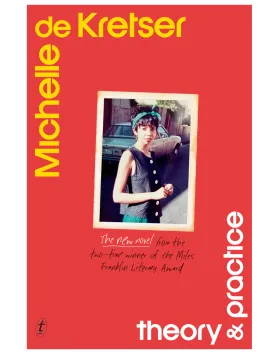
WINNER: Theory & Practice by Michelle de Kretser
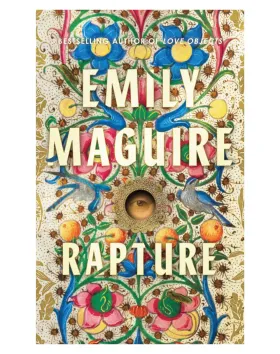
Rapture by Emily Maguire
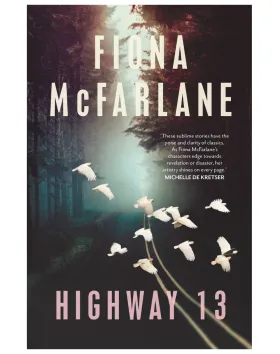
Highway 13 by Fiona McFarlane
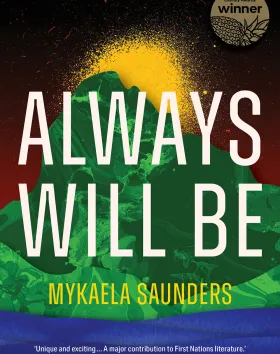
Always Will Be: Stories of Goori sovereignty from the futures of the Tweed by Mykaela Saunders
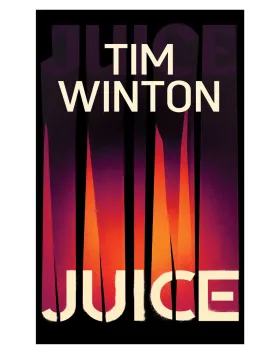
Juice by Tim Winton
Children's literature
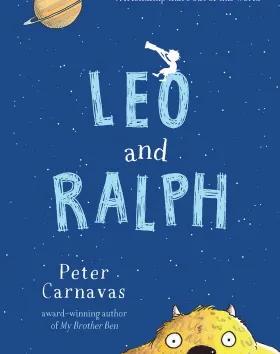
WINNER: Leo and Ralph by Peter Carnavas
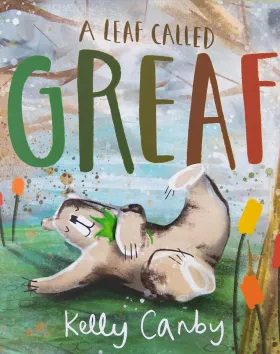
A Leaf Called Greaf by Kelly Canby
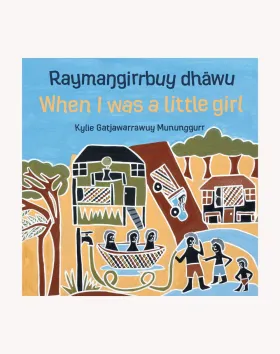
Raymaŋgirrbuy dhäwu When I was a little girl by Kylie Gatjawarrawuy Mununggurr
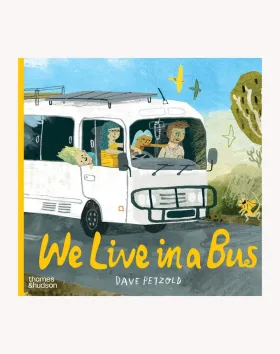
We Live in a Bus by Dave Petzold
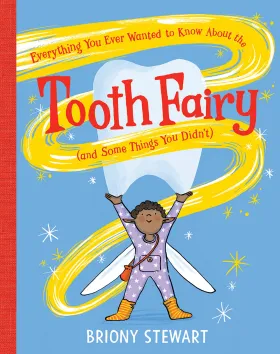
Everything You Ever Wanted to Know About the Tooth Fairy (And Some Things You Didn't) by Briony Stewart
Young adult literature
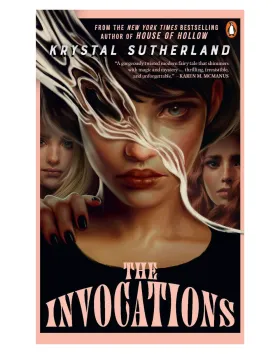
WINNER: The Invocations by Krystal Sutherland
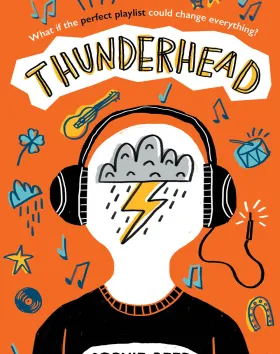
Thunderhead by Sophie Beer
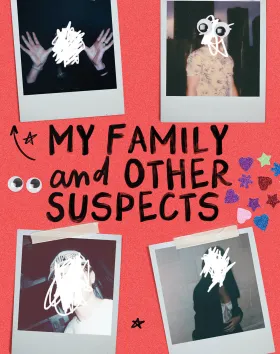
My Family and Other Suspects by Kate Emery
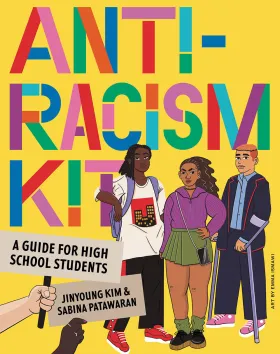
The Anti-Racism Kit by Jinyoung Kim & Sabina Patawaran
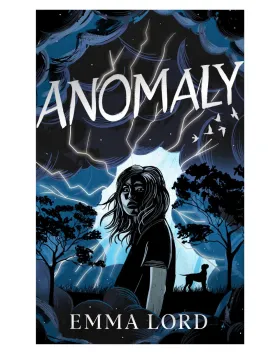
Anomaly by Emma Lord
Poetry
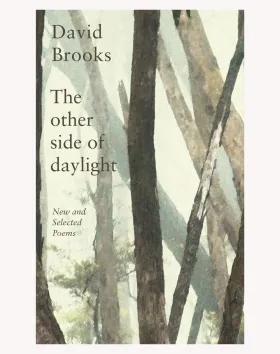
WINNER: The Other Side of Daylight: New and Selected Poems by David Brooks
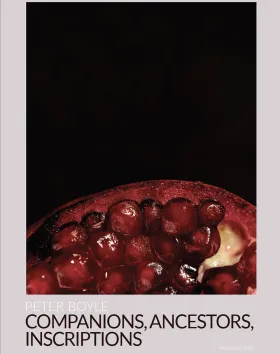
Companions, Ancestors, Inscriptions by Peter Boyle
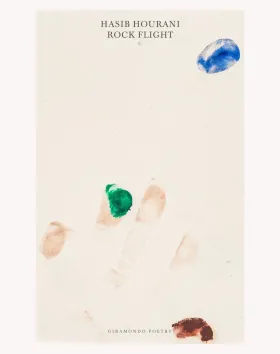
rock flight by Hasib Hourani
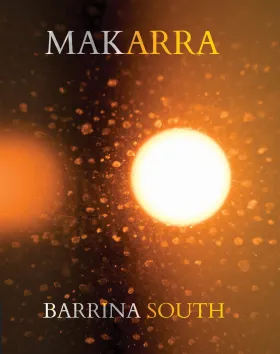
Makarra by Barrina South
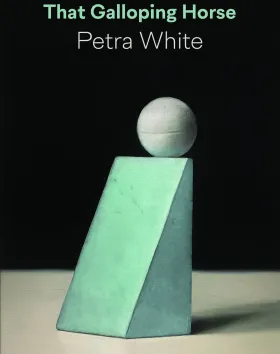
That Galloping Horse by Petra White
Non-fiction
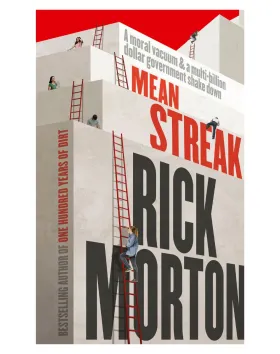
WINNER: Mean Streak by Rick Morton
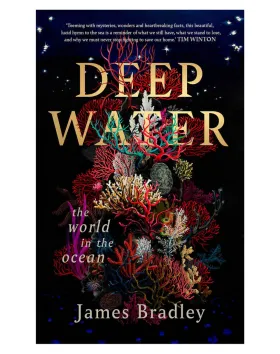
Deep Water by James Bradley
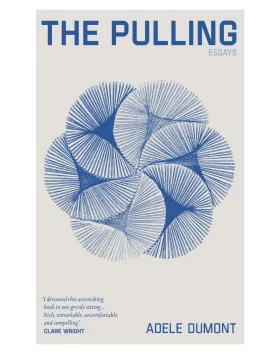
The Pulling by Adele Dumont
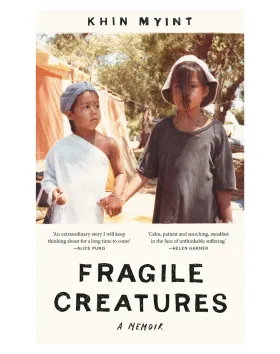
Fragile Creatures: A Memoir by Khin Myint
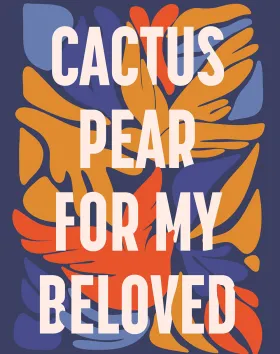
Cactus Pear for My Beloved by Samah Sabawi
Australian history
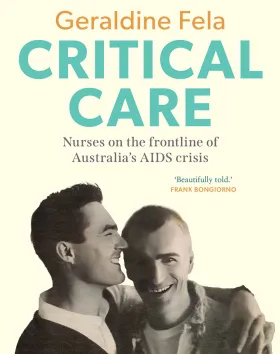
WINNER: Critical Care: Nurses on the frontline of Australia's AIDS crisis by Geraldine Fela
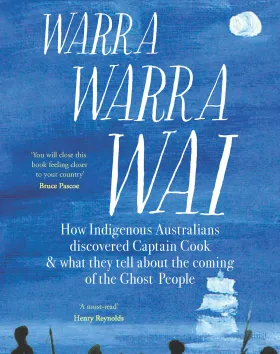
Warra Warra Wai: How Indigenous Australians discovered Captain Cook, and what they tell about the coming of the Ghost People by Darren Rix and Craig Cormick
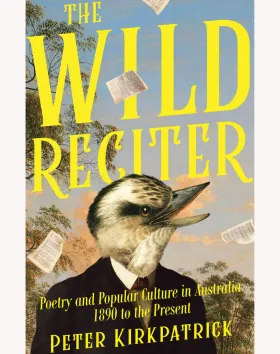
The Wild Reciter: Poetry and Popular Culture in Australia 1890-2020 by Peter Kirkpatrick
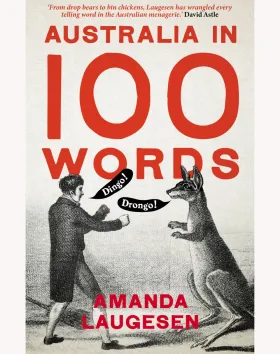
Australia in 100 Words by Amanda Laugesen
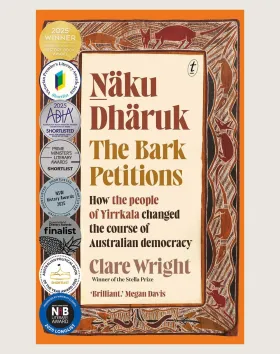
Ṉäku Dhäruk The Bark Petitions: How the People of Yirrkala Changed the Course of Australian Democracy by Clare Wright



